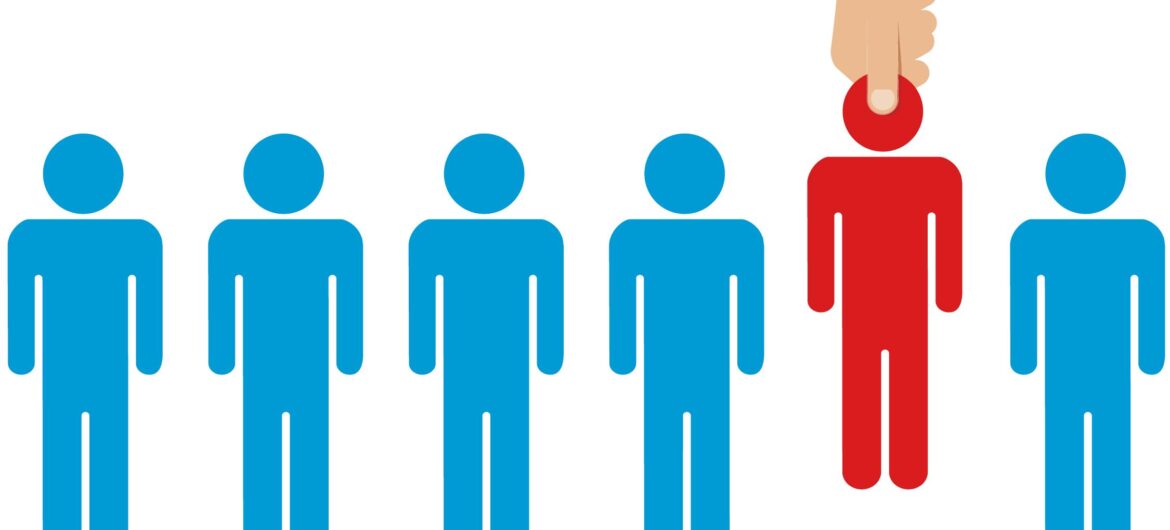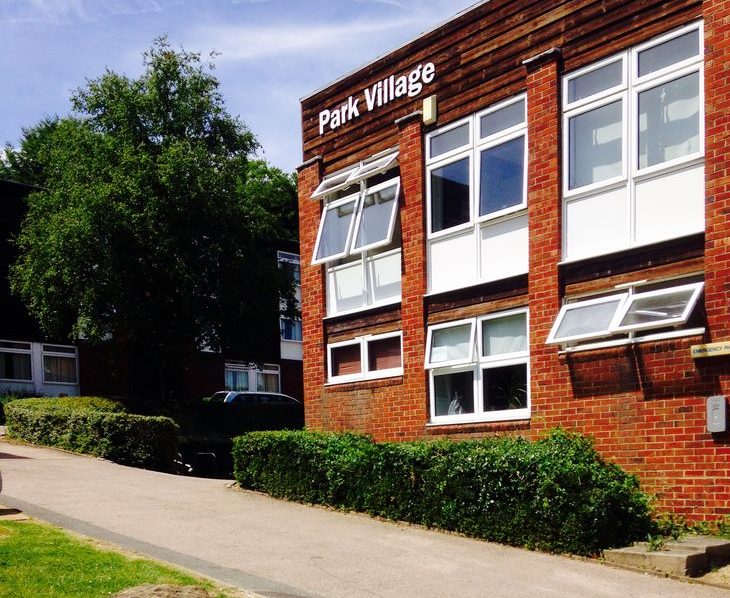In The Big Debate this week, two writers debate whether celebrities should be more transparent with their family connections?
YES
Words by Daisy Leigh-Roscoe
Nepotism makes the world go round, if it wasn’t for networking it would be incredibly difficult to uphold the capitalist system that contemporary society is built upon. As many say, it’s not about what you do but it’s rather who you know and this is reflected in industry upon industry from students getting into prestigious schools to your friend who works at the shop his dad owns, nepotism fills the veins of the professional sphere and it is crucial to discuss the ethics of something that up until recent years was merely urban legend to the general population. Nepotism, at its foundations, is not a negative principle- if you consistently see your parents or peers doing something and decide to replicate that career choice, the foot in the door is mainly a way to get going and the rest is all down to hard work and talent (in theory) however this concept gets convoluted when you start to consider other motives such as child actors.
Drew Barrymore, of ET and Charlie’s Angels fame is a true “nepo baby”, a term recently coined online, with her family being generational household names within the acting industry. Barrymore’s journey throughout her acting career has been tumultuous, with her parents’ motivations and society’s views on the industry leading to her becoming not only an accessory to the name but also involved in an incredibly complex and tragic situation. Barrymore often speaks out about her rehab stint prior to her comeback to acting and discusses how the expectation for children to follow in their parents footsteps isn’t necessarily ethical as it walks a line of exploitation. This concept isn’t new and is something that is easily consumable within the digital age with the introduction of YouTube families and reality television; Yolanda Hadid as an example documented her push of her daughters into the modelling industry. Child actors and entertainers are often seen as privileged due to the idea that they are “following in their parents footsteps” and media coverage documenting their professional journals in similar ways to their famous family members allowing them to create a public persona with ease but it’s not necessarily a reflection of talent or even a sign of their professional agency as much as it is a societal comment on the depth of parasocial relationships and how this allows nepotism in these industry’s to occur.
When looking at nepotism as a concept, it’s vital to explore the nuances of motivation before condemning the practice as a whole, but recognising that even in the most minute cases it has a presence is crucial. It’s easy to criticise celebrities and the “nepo baby” movement especially due to the exclusive nature of creative industries however the real issue comes with the lack of transparency from them when communicating how much easier it is to navigate these industries when you are born with your fathers eyes and your mothers foot holding the metaphorical door open for you. Maya Hawke, the daughter of acting royalty Ethan Hawke and Uma Thurman, got her start in modelling and then made a move to follow in her parents footsteps but her personable nature and explicit recognition of her involvement in the celebrity spheres has allowed her to detach from her parents’ shadows. This is also seen in cases such as Dakota Johnson and Kate Hudson, where their involvement in iconic movies and creation of public personality allows them to move away from their parents fame and credits them to their skills rather than the ease of their entering the industry. Nepotism discussions do usually centre around famous women, which is a critical nuance to consider, especially since creative industries tend to be dominated by men. Nepotism itself has had its meaning manipulated and redefined in online spaces to be an inherently negative thing but rather the conversation should be focused on why it needs to exist in the first place.
In conclusion, the ethics of nepotism lie in the nuances. If someone within the creative industries has had a leg up, the transparency of admitting the difference is crucial; the hardest part about entering the professional world is always the first step and having that made for you before you were even born is an incredible privilege. In the workplace, it’s obvious that meritocracy is a sham and all the scales are rigged, but with honesty comes the possibility of chances being tipped back into the working class’s favour.
NO
Words by Sophie McMahon, Comment Editor
In recent years, the phrase ‘nepotism baby’ has gained widespread attention, becoming common in social media vernacular, and referring to the children of professionals who follow in a relative’s footsteps, becoming successful primarily because of their reputation. Anyone familiar with popular culture will recognise that famous families in Hollywood are nothing new, with vast swaths of actors, musicians, and models benefiting from being related to people in the right places. Certain career paths are passed down from generation to generation, and it is not uncommon for people to want to follow in the footsteps of their parents, including those in the entertainment industry. So why should we be so critical of celebrities who use their connections to enter a vocation that they’re passionate about?
There are those nepotism babies who get it right; their talent distinguishes them from their famous connections, and despite their privilege, they are far more palatable. Others, even I can’t defend, getting it so wrong that it’s uncomfortable to watch and their privilege is visible above all else. It feels unnecessary for celebrities to be more transparent with their family connections when we let talent speak for itself anyway. Take George Clooney, who many (admittedly the older generation) will recognise as the nephew of singer and actor Rosemary Clooney. Despite this famous connection, he has established his own name independent of hers and today, I would suggest he would be the more frequently recognised of the two.
Labelling a celebrity as a ‘nepo baby’ reduces any success they may achieve to merely the result of their famous relative’s fame or reputation. Many people who have been given this title have spoken out against it, claiming that it can be a limitation or hindrance because you are constantly compared to your famous relative. For instance, Lily-Rose Depp, the daughter of Johnny Depp and Vanessa Paradis, told Australian Vogue: “It is obviously a really easy assumption to make to think that I would just have roles landing on my doorstep because of my name, but that’s an idea I’ve always kind of rejected…I’ve always been under the impression that I have to work twice as hard to prove to people that I’m not just here because it’s easy for me.”
Gwyneth Paltrow, the daughter of actor Blythe Danner and director Bruce Paltrow, similarly told a YouTube show that “as the child of someone, you get access other people don’t have, so the playing field is not level in that way. However, I really do feel that once your foot is in the door, which you unfairly got in, then you almost have to work twice as hard and be twice as good.” A family connection does not prove talent or skill which one must work hard to demonstrate to audiences who will justifiably criticise these celebrities independently as well as because of their natural industry advantages.
I would suggest that transparency is more important in other industries where unfair hiring practices can be problematic for both the workforce and the general businesses reputation. Even bigger are the issues surrounding political nepotism where elites frequently employ family members using their allowances for staff. The most famous example of this being Ivanka Trump who was the advisor to the President, her father Donald Trump, during his stint in The White House. In the UK, a move in 2010 to limit the number of family members employed by politicians was limited to one, causing outcry in Westminster. It was a change which saw a drop in the number of family employees, according to Press Association, from 32.3% of male MPs to 26.6% and 23.1% of women to 12.9% across the period from 2009 to 2013. This still meant that in 2017, 151 of the 650 MPs employed a family member in some capacity. In comparison, transparency between connections in the entertainment industry seems trivial. Increasing the public scrutiny of these people before they have even hit the screens or released their first single only makes it more difficult for them to establish themselves independently from their familial connections. Most of the time, those that want to remain separate have got something worthwhile to prove.
Picture credit: The Times




